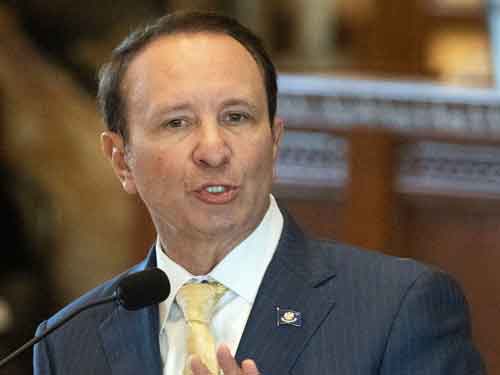By Dr. Avi Verma Publisher
The Supreme Court has issued a significant ruling on the limits of presidential power, granting former President Donald Trump immunity for some of his actions while in office, but not for others. The decision, reached with a 6-3 vote along ideological lines, presents a mixed outcome for Trump and adds complexity to his federal election interference case.
Chief Justice John Roberts, writing for the majority, clarified that while Trump cannot be prosecuted for actions closely related to his presidential duties—such as interactions with Justice Department officials and Vice President Mike Pence—other conduct may still be subject to legal scrutiny. This ruling means the charges against Trump for his attempts to overturn the 2020 election results will not be fully dismissed but will require further examination by lower courts to determine which actions are prosecutable.
Justice Sonia Sotomayor, in a fervent dissent joined by Justices Ketanji Brown Jackson and Elena Kagan, criticized the ruling, arguing that it undermines the foundational principle that no individual is above the law. She expressed concern over the broad immunity granted, fearing it might set a dangerous precedent for future presidential misconduct.
The case, initiated by Special Counsel Jack Smith, includes four counts against Trump: conspiracy to defraud the United States, conspiracy to obstruct an official proceeding, obstruction of and attempt to obstruct an official proceeding, and conspiracy against rights. The charges stem from Trump’s alleged efforts to overturn the 2020 election results, culminating in the January 6 Capitol riot.
The ruling sends the case back to U.S. District Judge Tanya Chutkan, who will determine which of Trump’s actions can be prosecuted. This process will likely delay any trial, making it improbable that proceedings will conclude before the upcoming election.
The decision marks an unprecedented legal challenge, as no former president has faced prosecution after leaving office. It raises critical questions about the extent of presidential immunity and the balance between executive power and accountability.
Trump, who has pleaded not guilty, maintains that his actions were expressions of concern over alleged election fraud. This case is one of several legal battles he is currently facing, with significant implications for his political future and the broader understanding of presidential powers.
